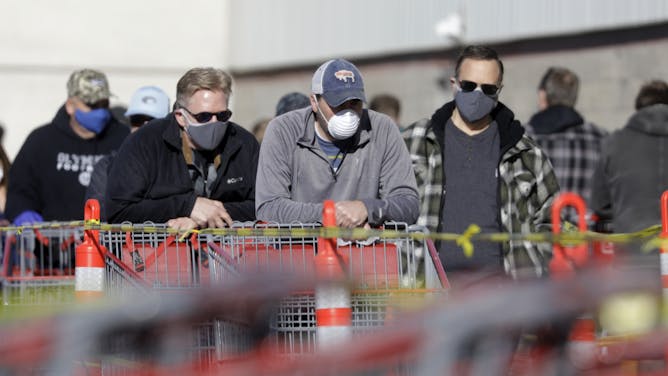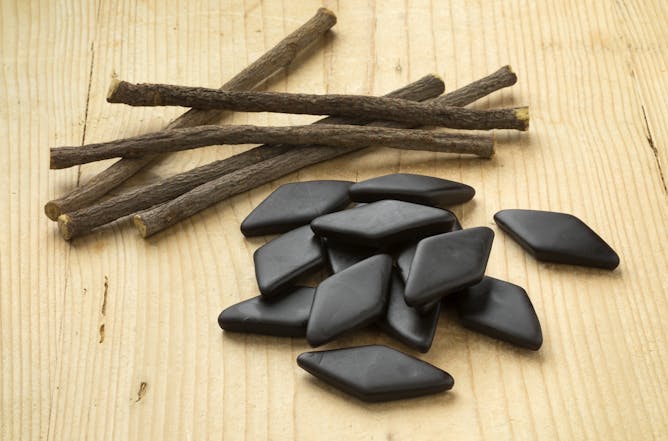|
Welcome to the final Sunday of 2020.
One small pleasure I had during this wretched year was the opportunity to host this newsletter, which highlights our five most-read articles of the week. Celebrating the stories that readers found most compelling while visiting our website gave me a moment each week to learn a little more about what our readers want to know.
Today, I’m breaking the pattern a bit to bring you the top five stories of the entire year. What do they reveal about your obsessions in 2020?
Not surprisingly, three reflect the desire to make sense of an unfolding public health emergency: definitions of once unfamiliar terms, unambiguous explanations about the utility of masks and answers to urgent questions about the spread of COVID-19 by people without any symptoms of the disease. A fourth article examines class struggles during the bubonic plague in 1348. It’s the type of offbeat but on point story that I’m proud to say The Conversation U.S. does so well.
The final most popular piece of this year is about the dark side of black licorice – a danger that is both exceedingly rare and easy to avoid. In other words, a welcome contrast to most of the news in 2020.
Thanks for reading! I’ll see you in the new year.
|

Evidence is growing that when masks are worn by nearly everyone, it can slow coronavirus transmission.
AP Photo/Rick Bowmer
Jeremy Howard, University of San Francisco
Recommendations around mask usage are confusing. The science isn't. Evidence shows that masks are extremely effective to slow the coronavirus and may be the best tool available right now to fight it.
|

Black licorice gets its distinctive flavor from licorice root.
PicturePartners/Getty Images
Bill Sullivan, Indiana University
Who knew that black licorice had a dark side? A scientist explains when this treat becomes a threat.
|
|
|
-
William Petri, University of Virginia
Your body can be infected and fight off SARS-CoV-2 without your ever noticing.
|
|
|
|
-
Rebecca S.B. Fischer, Texas A&M University
From the neighborhood to the newsroom to the White House, nobody stays silent during a health emergency. These terms are often mixed up, and it matters who is using them and when.
|
|
|
|
-
Kathryn McKinley, University of Maryland, Baltimore County
Then – as now – the wealthy fled to the countryside, while the urban poor were forced to work on the front lines.
|
|